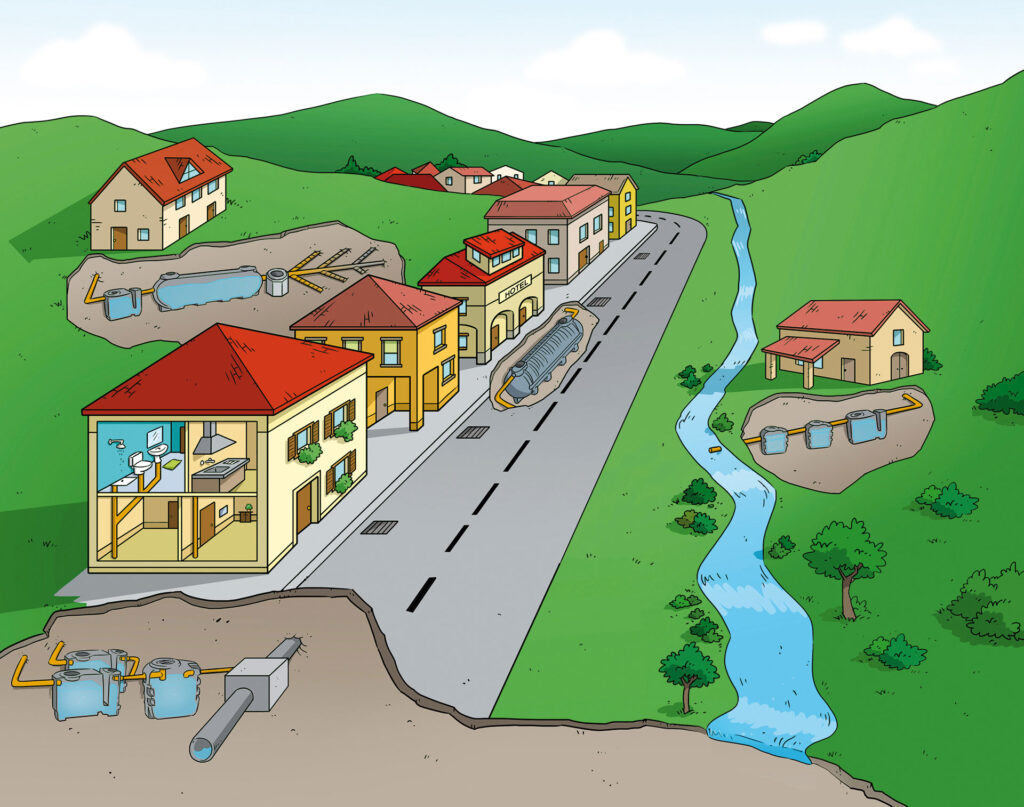In the pursuit of a sustainable future, wastewater treatment plays a pivotal role in safeguarding our environment. Among the innovative technologies driving this cause, Sequential Batch Reactor (SBR) technology stands out as a game-changer. This blog will explore the significance of SBR technology in wastewater treatment, its working principles, and the environmental benefits it offers.
Understanding SBR Technology:
Sequential Batch Reactor (SBR) technology is a sophisticated and flexible biological treatment process used in wastewater treatment plants. Unlike continuous-flow systems, SBR operates in batches, allowing for sequential treatment phases. This controlled and sequential approach enhances efficiency and ensures optimal treatment of wastewater.
Key Components and Working Principles:
- Batch Operation: SBR systems operate in cycles, typically consisting of four phases: filling, aeration, settling, and decanting. Each phase is carefully timed to maximize the removal of pollutants.
- Biological Treatment: During the aeration phase, microorganisms break down organic pollutants in the wastewater into simpler, less harmful substances. This biological treatment is a cornerstone of SBR technology, promoting sustainable and natural processes.
- Settling and Decanting: The settling phase allows the activated sludge to settle at the bottom of the reactor. Clear water then rises to the top, facilitating the decanting phase, where the treated water is separated from the sludge.
- Adaptability and Flexibility: SBR systems can adapt to variations in influent characteristics, making them versatile and suitable for different wastewater compositions. This adaptability ensures consistent performance under varying conditions.
Environmental Benefits:
- Reduced Energy Consumption: SBR technology optimizes energy usage by operating in batches, minimizing the need for continuous aeration. This results in lower energy consumption compared to traditional wastewater treatment methods.
- Enhanced Nutrient Removal: The biological treatment in this systems not only removes organic pollutants but also enhances nutrient removal, contributing to the protection of aquatic ecosystems from nutrient-related issues like eutrophication.
- Space-Efficient Design: SBR technology often requires less physical space than conventional systems, making it suitable for urban environments where land is at a premium. This compact design allows for efficient land use and minimizes the environmental footprint of wastewater treatment facilities.
- Consistent Effluent Quality: The sequential and controlled nature of this technology ensures a consistent quality of treated water. This reliability is crucial for meeting stringent environmental standards and safeguarding public health.
Conclusion:
As we navigate the challenges posed by increasing urbanization and environmental degradation, innovations like Sequential Batch Reactor (SBR) technology offer a beacon of hope. By efficiently treating wastewater while minimizing environmental impact, SBR systems are helping pave the way for a more sustainable and resilient future. Embracing such technologies is not just a choice but a responsibility towards the well-being of our planet and future generations.






